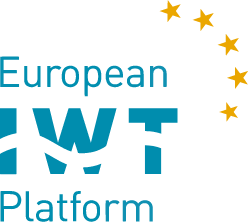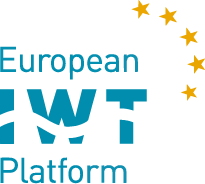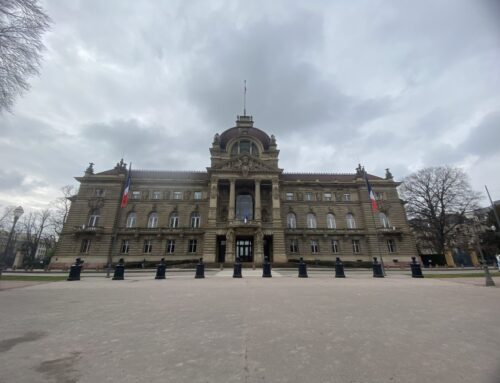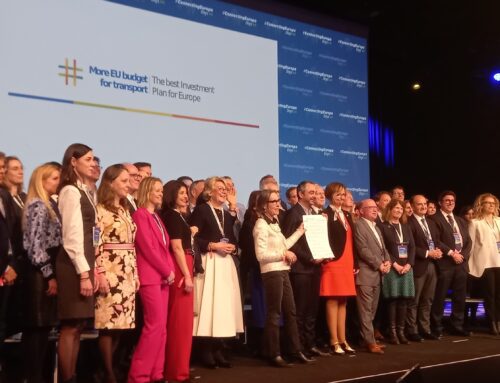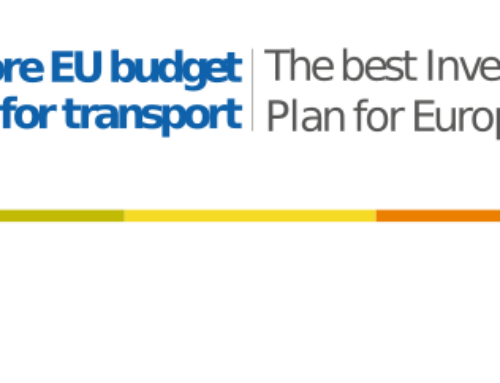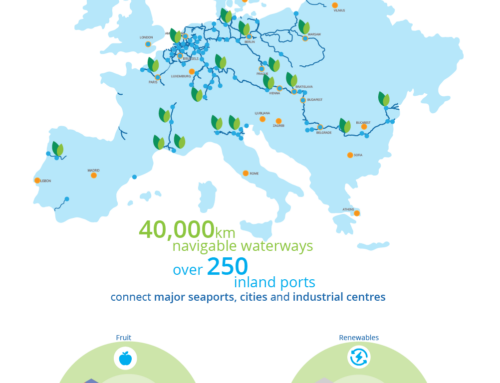On March 28th there was an IWT online workshop on Labelling System – ‘Does the sector need a labelling system and which label will be preferred?’
The goal of the workshop was to convey the outcomes of the Platina 3 task as well as to examine the sector’s requirements and aspirations in light of this topic. The IWT sector evaluated and concluded what program or solution would be required to assist it in its efforts to become more eco sustainable. The European Inland Waterway Transport (IWT) sector faces a challenge in achieving the 2050 zero-emission targets and the intermediate stages related to in different world, European, national, and regional legislative efforts.
By 2050, the EU hopes to be environmentally neutral, according to the EU Green Deal. Transport is responsible for a quarter of the EU’s greenhouse gas emissions, which is still increasing. Also, by 2050, transportation emissions must be reduced by 90% to attain climate stability. A significant portion of the 75 percent of inland freight transported by road now should be shifted to rail and inland waterways as a matter of priority.
On to clarify and define the EU GREEN DEAL, the Sustainable Smart and Mobility Strategy intends to boost the share of Inland Waterway Transport (IWT) by 25% by 2030 and 50% by 2050. It also emphasizes the relevance of Inland Waterway Transport as a sustainable form of transportation for the achievement of the country’s long-term environmental targets
